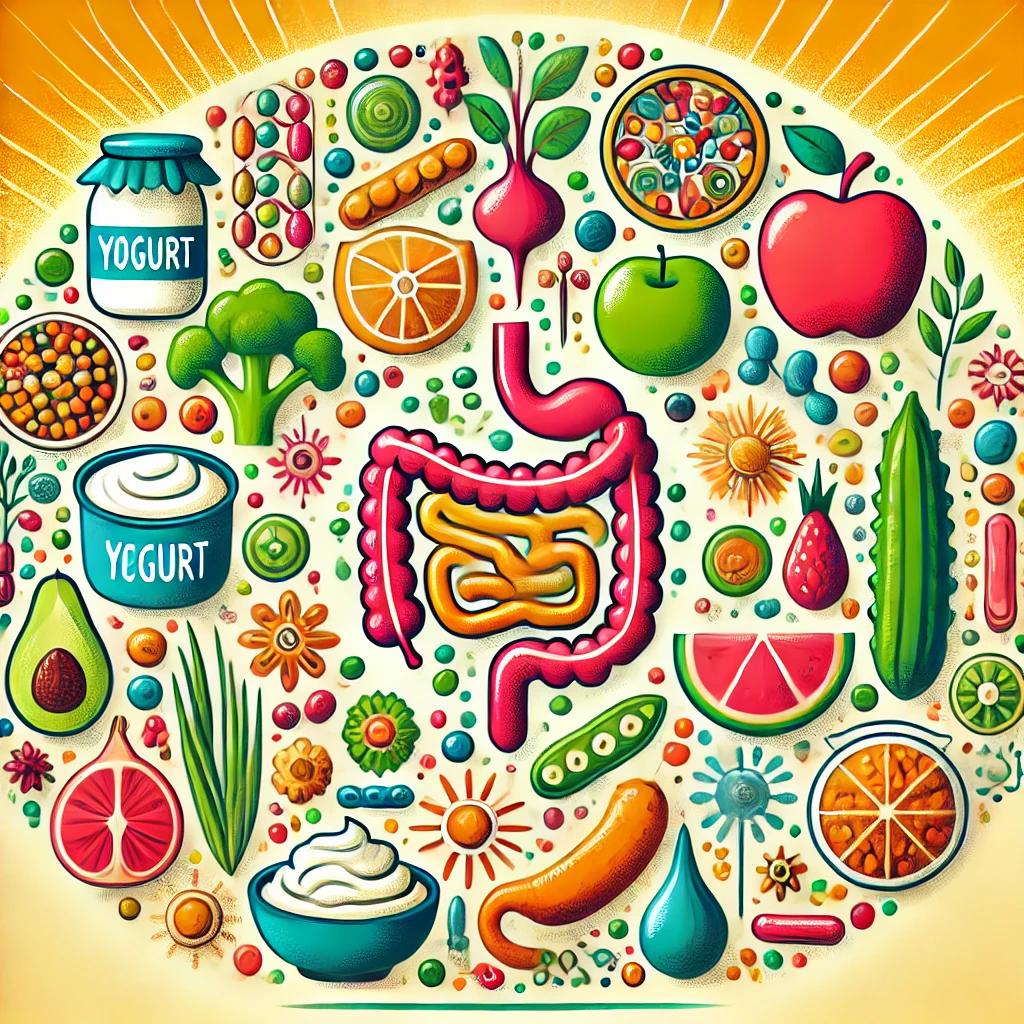Tips for Improving Your Gut Microbiome
Your body is full of trillions of bacteria, viruses, fungi, and other microscopic organisms that make up your gut microbiome. There are more than 1,000 species of bacteria in the gut microbiome, each playing a unique role in impacting your health.
The gut microbiome begins to influence your body from the moment you are born, as you pass through the mother’s birth canal. As you grow, your gut microbiome also grows and diversifies. High gut microbiome diversity is beneficial for your health, supporting nutrient digestion, reducing gastrointestinal symptoms, improving immunity, and lowering your risk of gastrointestinal diseases, diabetes, heart disease, and mood disorders.
What you eat significantly affects the diversity and balance of your gut microbiome. A diet high in processed foods, sugar, and fat (often called a Westernized diet) does not nourish beneficial gut bacteria and can lead to an imbalance, or dysbiosis, in your gut bacteria. This imbalance can contribute to weight gain, gastrointestinal issues like bloating, gas, reflux, diarrhea, or constipation, and increase the risk for IBS, IBD, diabetes, heart disease, and mood disorders.
To maintain a healthy, balanced gut microbiome, eating a variety of foods is essential. Foods and beverages containing prebiotics and probiotics are especially important to include in your daily diet:
-
Eat a variety of high-fiber foods, including legumes, beans, vegetables, whole grains, and fruit. These foods contain prebiotics, non-digestible fibers that feed and support the growth of beneficial gut bacteria.
-
Consume fermented foods such as yogurt (including plant-based yogurt with live active cultures), sauerkraut, kimchi, kombucha, and sourdough bread, which provide probiotics that add to the gut’s beneficial bacteria population.
-
Limit intake of artificial sweeteners and sugar alcohols to maintain a healthy gut microbiome. These substances do not nourish beneficial bacteria and may encourage the growth of unhealthy bacteria.
-
Consider a probiotic supplement in consultation with your medical team, especially after dysbiosis or if you experience frequent gastrointestinal symptoms.
-
Take antibiotics only when prescribed by your healthcare provider, as antibiotics can kill both harmful and beneficial bacteria, contributing to dysbiosis. If you are taking an antibiotic, try adding probiotic-rich foods to your daily diet.
-
Manage stress and prioritize sleep (most adults need 7–9 hours per night), both of which are important for maintaining gut health.
-
Engage in regular physical activity, as it has been shown to positively influence gut bacteria diversity and support a healthy weight, both of which benefit the microbiome.
By incorporating these practices into your lifestyle, you can help foster a healthy, diverse gut microbiome that supports your overall well-being.
